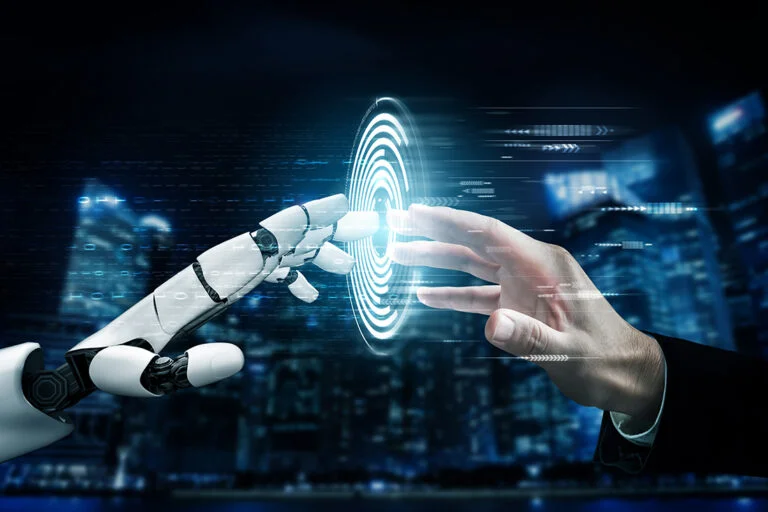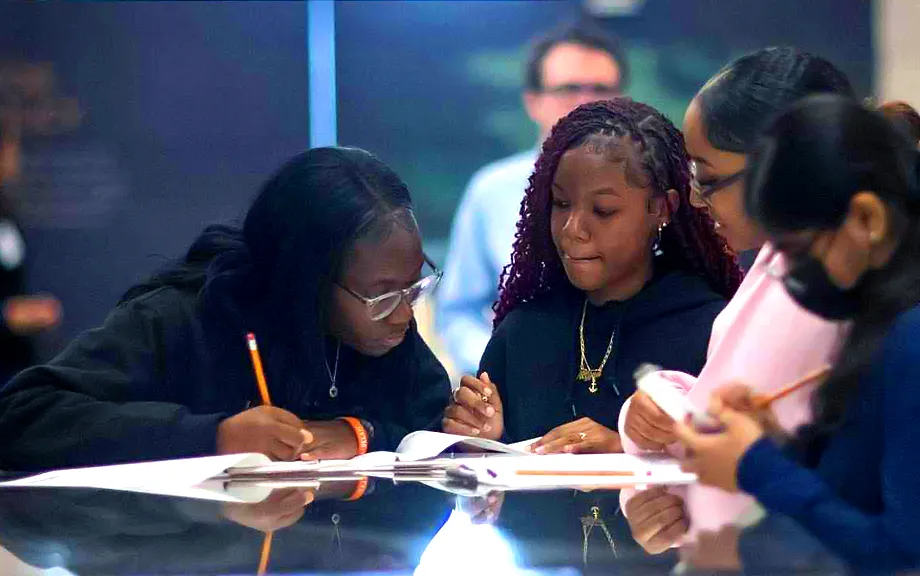From generated pictures to cooking and work, AI has been used for everything, but why? Why do we trust it? Artificial Intelligence is a type of machine that can perform tasks requiring human-like intelligence. As a matter of fact, they can already walk, grab things, and mimic the human body. AI has been proven to slow down or weaken the human mind, such as reducing critical thinking, weakening independent skills, causing cognitive atrophy, memory, and creativity decline. How did people even find out about AI, and what do they feel about it now?
I first interviewed a student. I asked her if she thinks AI is a good or bad idea. And why? She replied by telling me, “AI can be a good idea and can be very useful if used correctly. I know a lot of students use it to cheat, but I used to check my essays for grammar, anything I could improve on, or show more consistently. I also used AI to help me brainstorm ideas and write off what it helped me come up with.”
I also spoke with some staff members and asked how they think AI is impacting the younger generations’ everyday lives. And why? Ms. Mathews claimed, “AI is making people lazier. Younger and older generations who use it rely more on artificial intelligence than real intelligence. It’s the lazy way out. The younger generations have come to expect things to be fast and easy, and some really struggle when something doesn’t happen quickly or is challenging. I worry about my own children and what AI is going to do to their ability to persevere and overcome things that are difficult. I fear that they and others will just give up. It’s sad to think a generation is more apt to give up than figure out a way to continue simply because they have to overcome challenges.”
I then questioned another staff member and asked her how she uses AI and why. She responded by telling me, “I use AI for help on tasks when I am stuck or I know I would spend an inordinate amount of time on a task. It is helpful to organize and outline timelines to keep pace with projects. I don’t like to use a lot because of the environmental impacts of AI, but I will use it occasionally.” The environmental impacts of AI boil down to a substantial and growing demand for energy, water, and hardware, creating a hidden footprint that drives up carbon emissions, strains water resources, and generates toxic electronic waste. The powerful servers that run AI generate a huge amount of heat, which must be managed with massive cooling systems that consume billions of gallons of fresh water annually.
The rapid pace of AI development can lead to a quicker out-of-date, old-fashioned, no longer in general use for hardware. When these devices are improperly discarded, they contribute to a growing e-waste problem, leaching hazardous materials like lead and mercury into the environment. Also, be careful when using social media; the AI systems tend to collect extensive data about users, including children. Children often do not understand how their data is used and shared. AI can be misused to create convincing fake images, videos, or audio that appear to show a person saying or doing things they never did. Don’t fall for it. Ultimately, the extent of AI’s influence on your life is a matter of personal choice. By mindfully engaging with AI, setting boundaries, and prioritizing human connection, you retain control over its impact, ensuring it enhances rather than detracts from your overall well-being.








